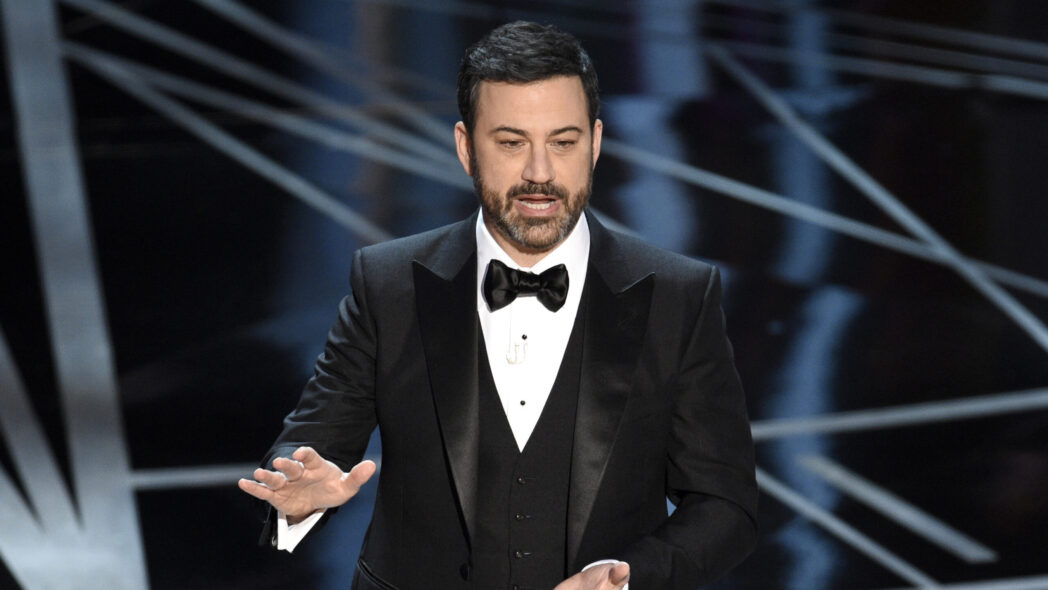On a remarkable day in the heart of Washington, D.C., a statue depicting President Donald Trump alongside convicted child trafficker Jeffrey Epstein stirred a whirlwind of controversy. The life-sized statue, entitled “Best Friends Forever,” was unveiled by a group known as “The Secret Handshake” at the National Mall, but it was swiftly removed by the U.S. National Park Service after just one day.
In a move aiming to spark dialogue, the creators of the statue sought to draw attention to the troubling history between Trump and Epstein, especially in light of demands for the Trump administration to release FBI files related to Epstein’s federal prosecution. Crafted with a satirical twist, the statue bore the inscription, “In honor of friendship month, we celebrate the long-standing bond between President Donald J. Trump and his closest friend Jeffrey Epstein.” Accompanying this statement was a line from an infamous birthday letter allegedly penned by Trump in 2003.
However, the statue’s creation did not escape the scrutiny of federal authorities. The U.S. Department of the Interior, which oversees the National Park Service, dismantled the sculpture, claiming it violated permit regulations. A representative from the department explained to CNN that the statue’s prompt removal was necessary due to compliance issues associated with its installation.
Patrick, a member of “The Secret Handshake,” expressed his discontent with the swift dismantling, stating, “It’s a great example of where we’re headed in this country when it comes to freedom of speech.” The group had anticipated the statue would spark discussions for a minimum of a week, but an unexpected raid in the middle of the night shattered those plans. They argued that the permit entailed a stipulated notice period of 24 hours before revocation, which was apparently ignored.
The flashpoint surrounding the statue reflects broader concerns about free speech and censorship, particularly given Trump’s history of attempting to silence dissenting voices. Recently, he faced backlash for pressuring networks to remove Jimmy Kimmel from the airwaves after Kimmel made remarks that were deemed offensive to conservative circles. This tension ignited discussions around artistic expression and the implications of government intervention in public discourse.

In a subsequent episode, Kimmel returned to his show to tackle the issue of free speech and its vulnerabilities in contemporary society. He referenced a statement from commission member Brendan Carr, who argued that political satire is a crucial element of free speech, serving as a mechanism of accountability for those in power. As Kimmel navigated the landscape of censorship, he reminded audiences of a defining quote from Trump, emphasizing the value of free expression in a democratic society.
Trump’s assertion that “if we don’t have free speech, then we just don’t have a free country” reverberated through Kimmel’s commentary, highlighting the contradictions inherent in an administration that champions freedom while simultaneously stifling it. Kimmel humorously remarked, “You almost have to feel sorry for him. He tried his best to cancel me. Instead, he forced millions of people to watch the show.”
As the controversy around the statue unfolds, it serves as a poignant reminder of the complexities of free speech, art, and political relationships in today’s polarized climate. The swift removal of “Best Friends Forever” raises essential questions about the limits of artistic expression and the role of government in regulating public narratives. In a world where the accessibility of information is constantly evolving, the balance between protection and suppression remains a pressing concern for advocates of freedom of speech.



